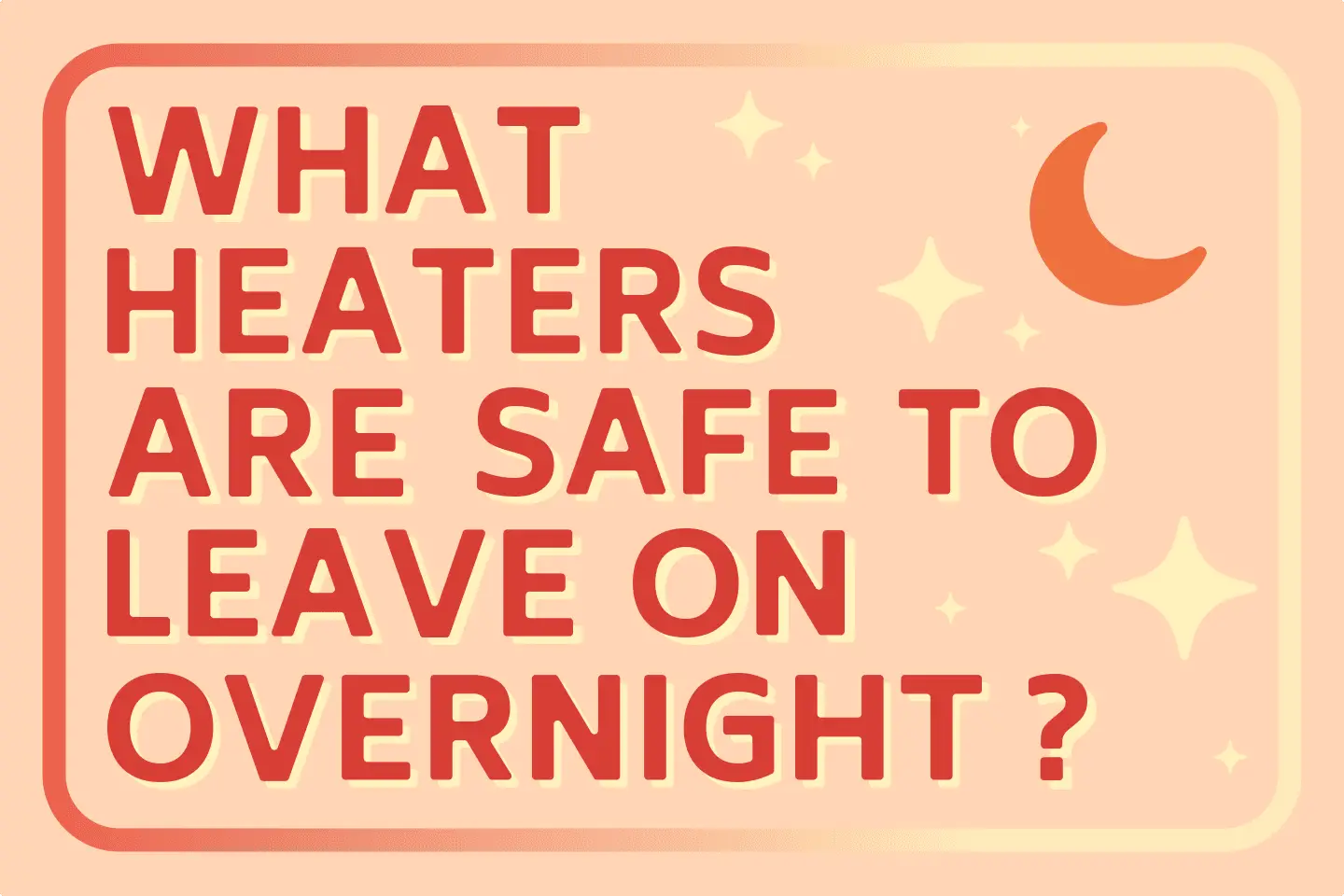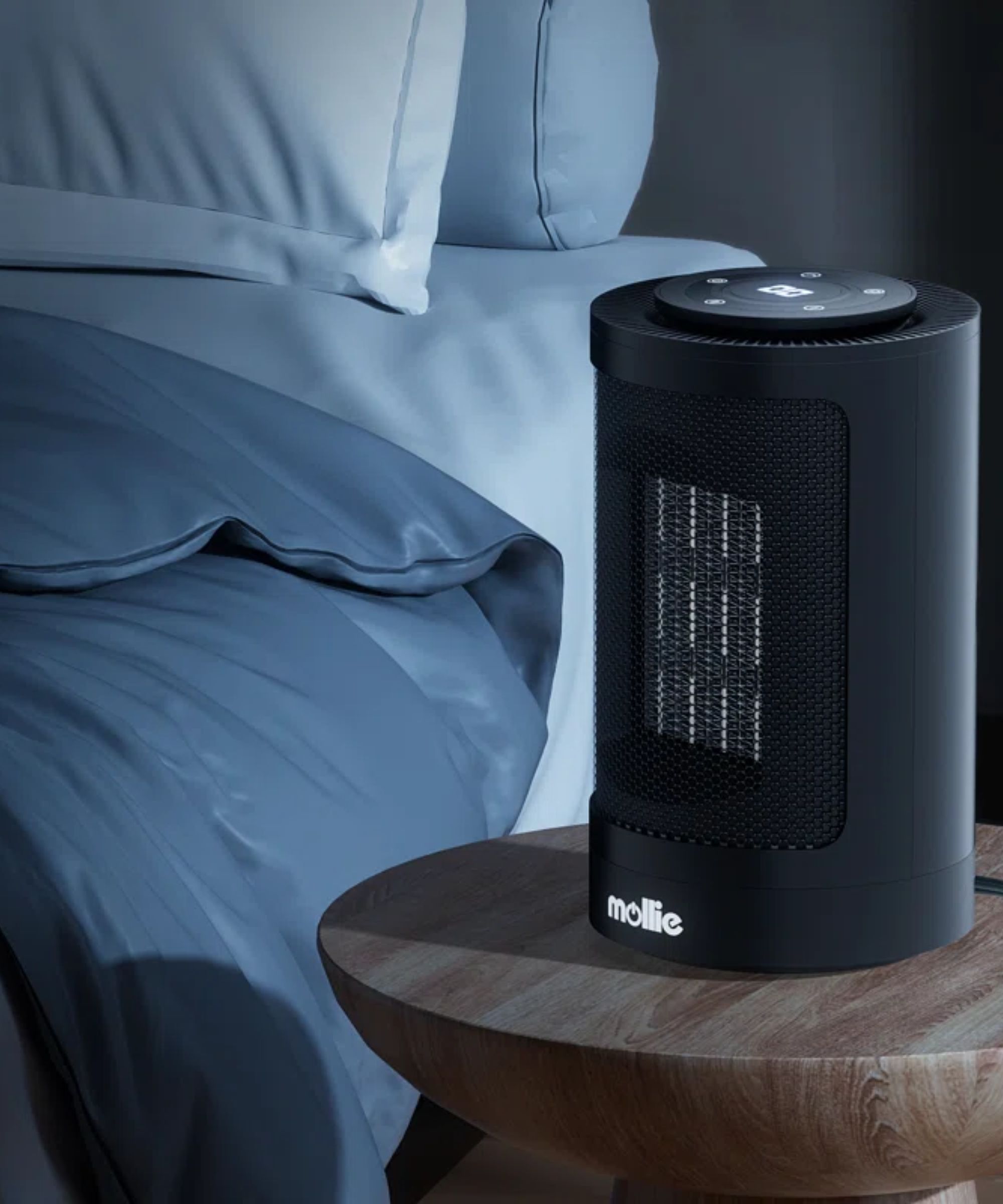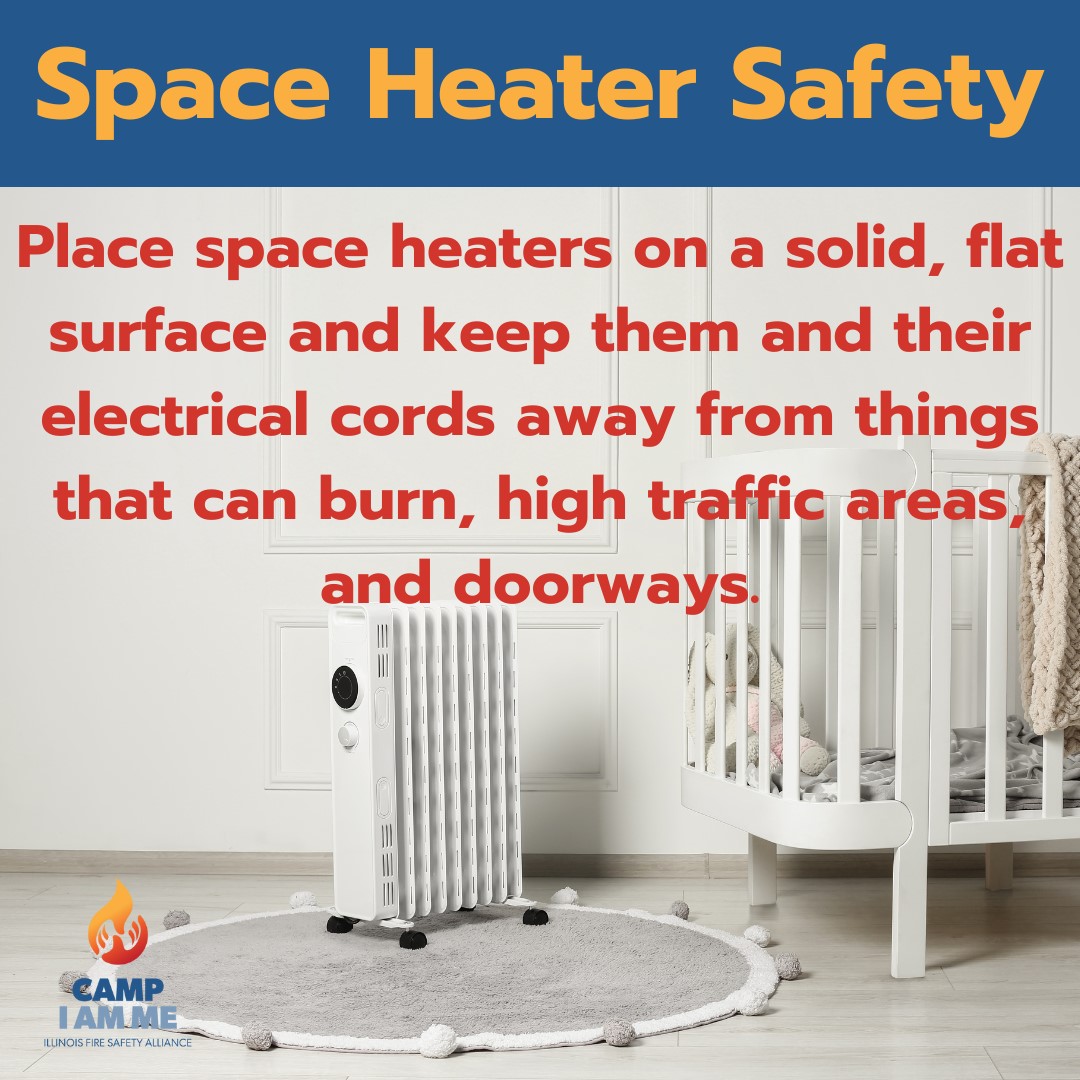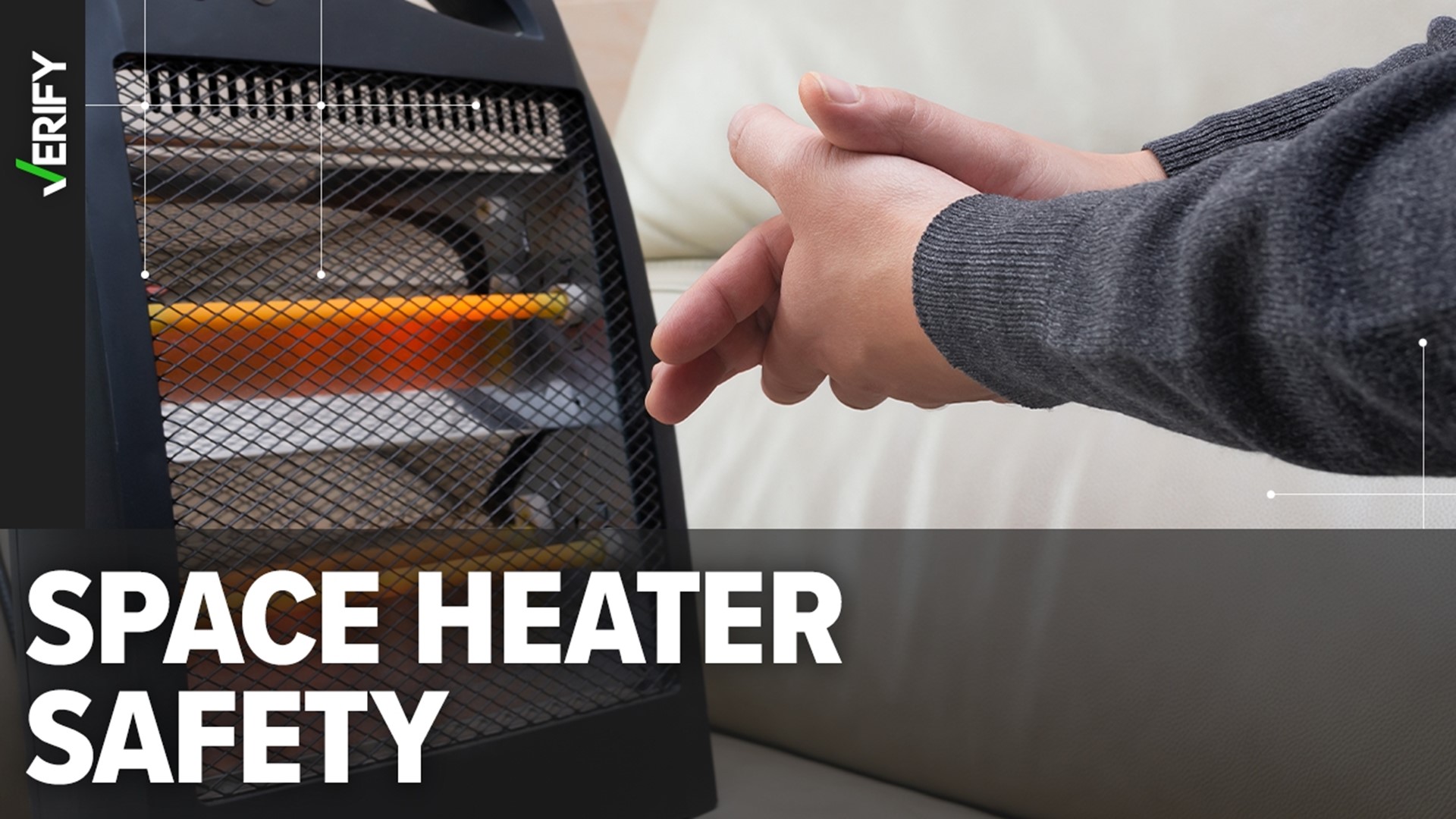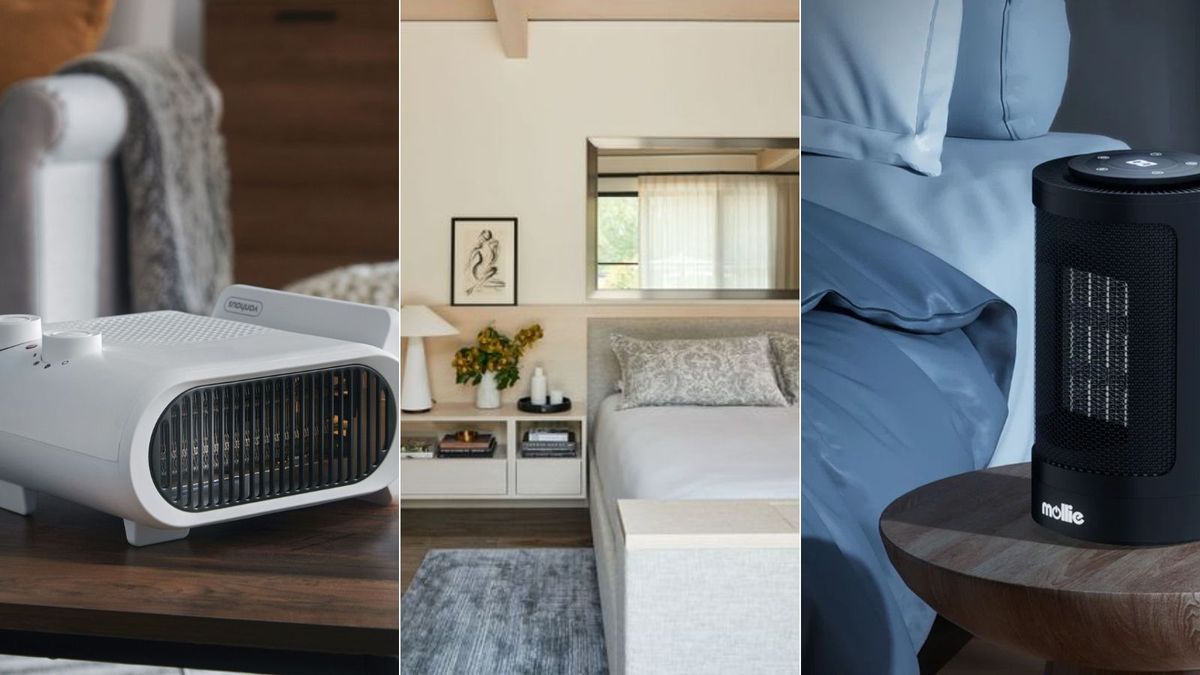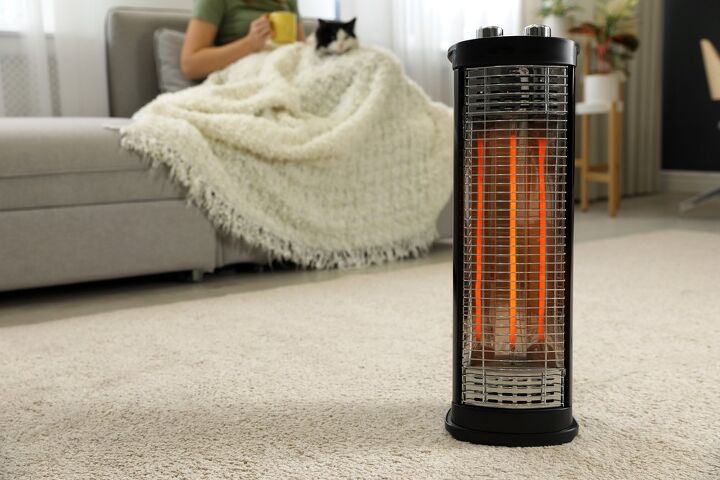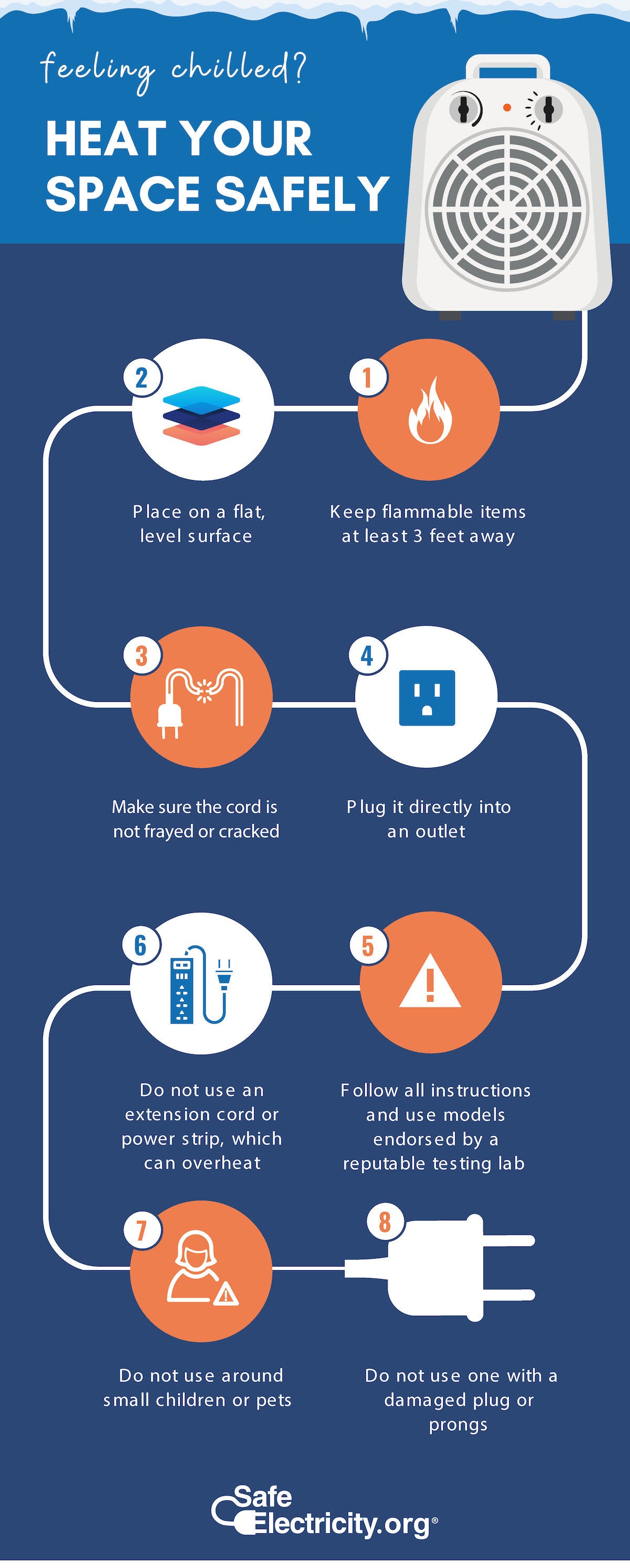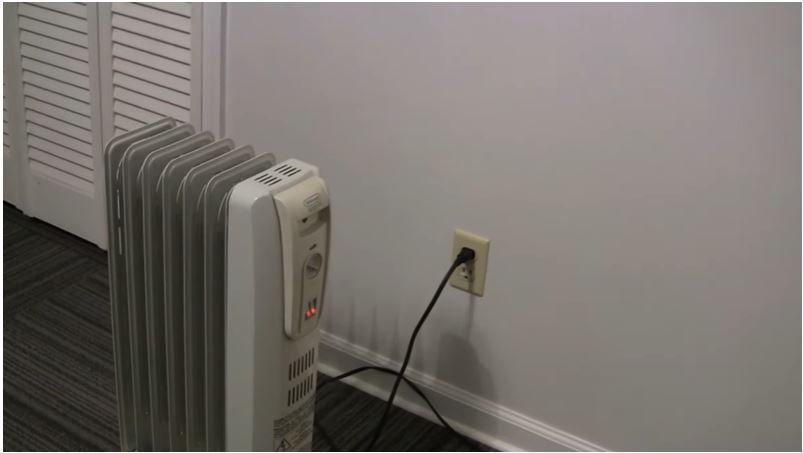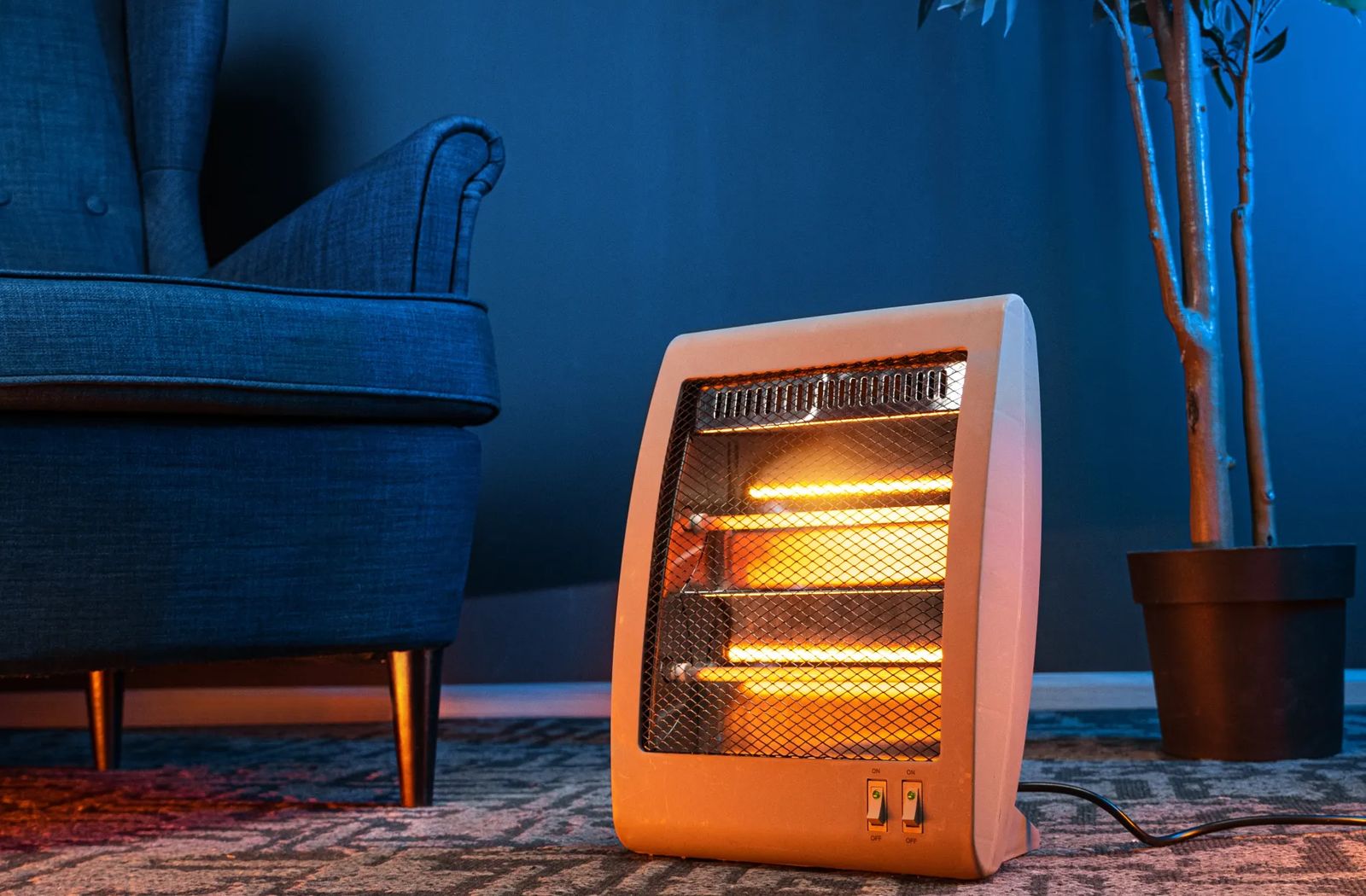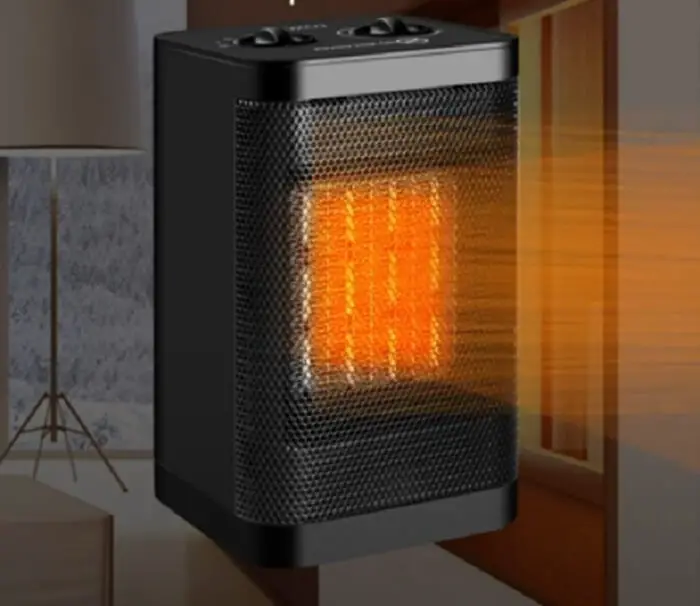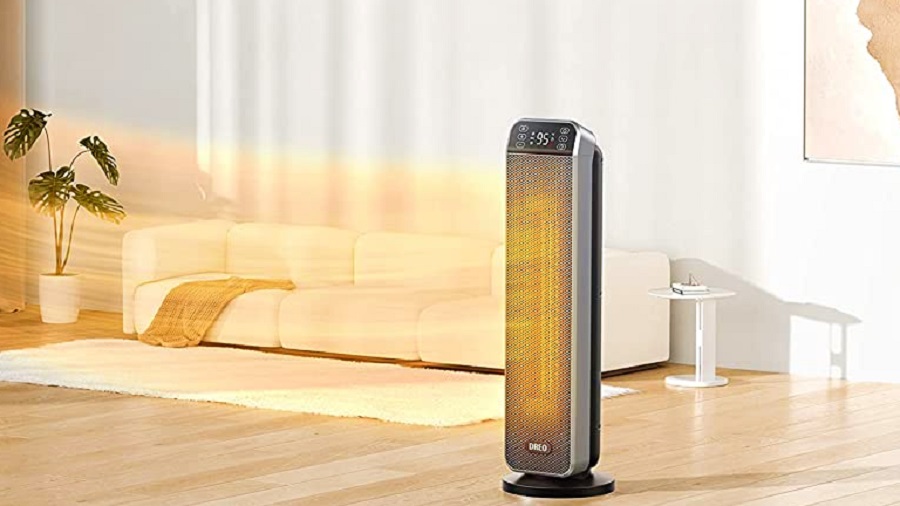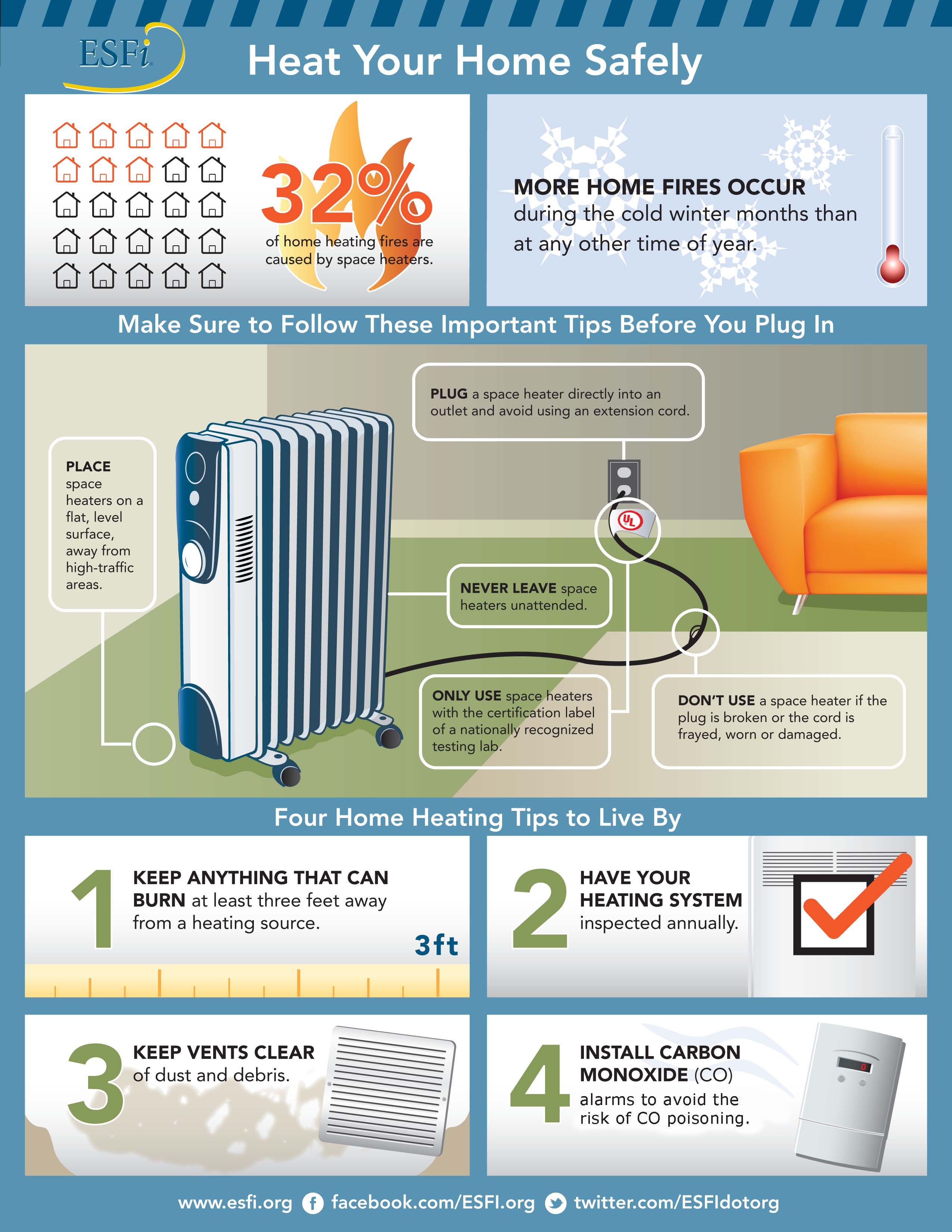Is It Safe To Keep A Space Heater On Overnight

Urgent warnings are circulating regarding the overnight use of space heaters following a surge in house fires attributed to the devices. Experts are strongly advising against leaving space heaters unattended, especially while sleeping, due to the significant risk of fire and carbon monoxide poisoning.
This article addresses the critical question: Is it safe to keep a space heater on overnight? We will examine the dangers, safety guidelines, and alternatives to ensure your safety and well-being during cold weather.
The Alarming Reality: Space Heater Fires
The National Fire Protection Association (NFPA) reports that space heaters are a leading cause of home heating fires in the United States. These fires often occur because heaters are placed too close to flammable materials like curtains, bedding, and furniture. A significant percentage of these incidents happen during the colder months, particularly at night when people are asleep and less likely to notice a problem.
According to the U.S. Consumer Product Safety Commission (CPSC), space heaters contribute to an estimated 1,700 fires each year, resulting in approximately 80 deaths and 160 injuries. This highlights the critical need for increased awareness and adherence to safety precautions.
Key Dangers of Overnight Space Heater Use
The primary risk is fire. If a space heater malfunctions or tips over onto combustible materials while you're asleep, a fire can ignite and spread rapidly without you being aware until it's too late. Many older homes are not equipped with modern fire-resistant materials, making them particularly vulnerable.
Another concern is carbon monoxide (CO) poisoning, especially with fuel-burning space heaters. While most electric heaters don't produce CO, any malfunction could lead to problems. Symptoms of CO poisoning include headaches, dizziness, weakness, and nausea, which can be easily missed while sleeping.
Overnight use also poses a risk of overheating. Continuous operation without proper ventilation can cause the heater to overheat, increasing the risk of a fire or electrical malfunction. This risk is compounded if the heater is old or poorly maintained.
Essential Safety Guidelines
Never leave a space heater unattended, especially while sleeping. Always turn it off before leaving the room or going to bed. This is the single most important safety rule to follow.
Maintain a safe distance, at least 3 feet, between the heater and anything that can burn. This includes furniture, bedding, curtains, papers, and clothing. Regularly check for dust buildup around the heater.
Plug the space heater directly into a wall outlet, not into an extension cord or power strip. Extension cords and power strips cannot handle the high energy demands of space heaters, increasing the risk of overheating and fire.
Ensure the space heater has automatic shut-off features, such as tip-over protection and overheat protection. These features are designed to automatically turn off the heater if it tips over or reaches a dangerously high temperature.
Install and maintain working smoke detectors and carbon monoxide detectors on every level of your home and outside sleeping areas. Test them monthly and replace batteries at least once a year, or according to manufacturer instructions. This is your first line of defense in case of a fire or CO leak.
Specific Types of Space Heaters: Precautions
Electric Space Heaters: Check for damaged cords or plugs. Avoid using them in damp or wet locations, such as bathrooms.
Kerosene Heaters: Use only approved kerosene and refuel outdoors. Ensure adequate ventilation to prevent carbon monoxide buildup.
Propane Heaters: Similar to kerosene heaters, proper ventilation is crucial. Regularly inspect connections for leaks.
Safer Alternatives to Overnight Space Heater Use
Consider using extra blankets and warm clothing. Layering clothing is an effective way to stay warm without relying on electric heaters.
Improve home insulation by sealing drafts around windows and doors. This will help retain heat and reduce the need for supplemental heating.
If you need to use a heater, preheat the room before going to bed and turn it off before falling asleep. This provides initial warmth without the overnight risk.
Use central heating systems effectively. Set the thermostat to a comfortable but energy-efficient temperature. Consider using a programmable thermostat to automatically adjust the temperature at night.
Conclusion: Prioritize Safety, Seek Alternatives
The dangers associated with leaving a space heater on overnight are significant and should not be ignored. The potential for fire and carbon monoxide poisoning is too great to justify the risk.
Individuals are strongly urged to prioritize safety by following the guidelines outlined above and exploring safer alternatives. The CPSC and NFPA continue to update safety recommendations; monitor these resources for the latest information.
Homeowners should conduct regular safety checks of their heating systems and appliances to ensure they are functioning properly. Local fire departments often offer free home safety inspections and advice. Staying informed and taking proactive measures can significantly reduce the risk of a heating-related disaster. Remember, safety first.
